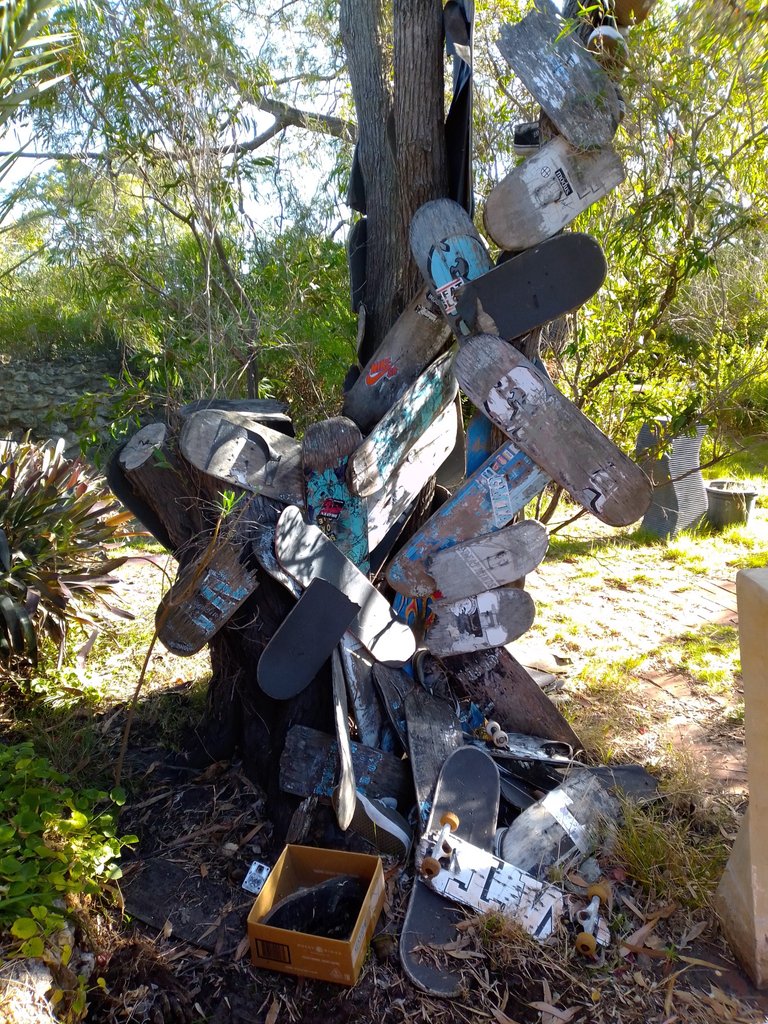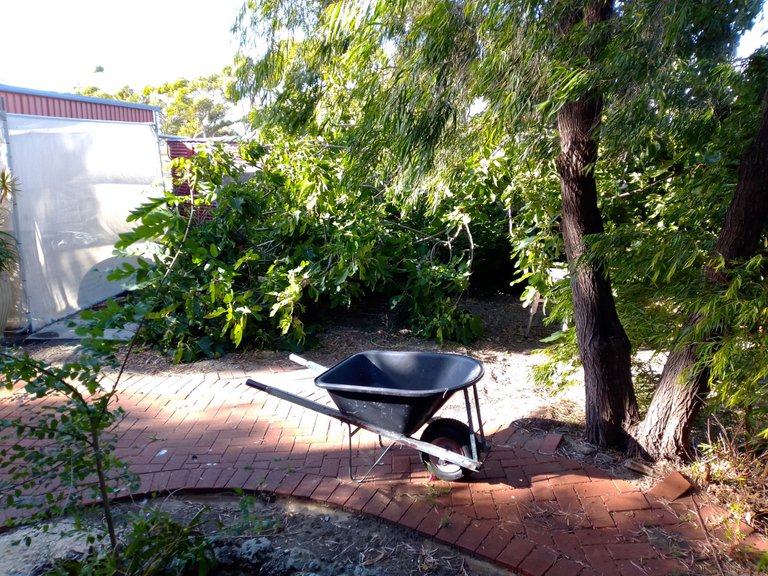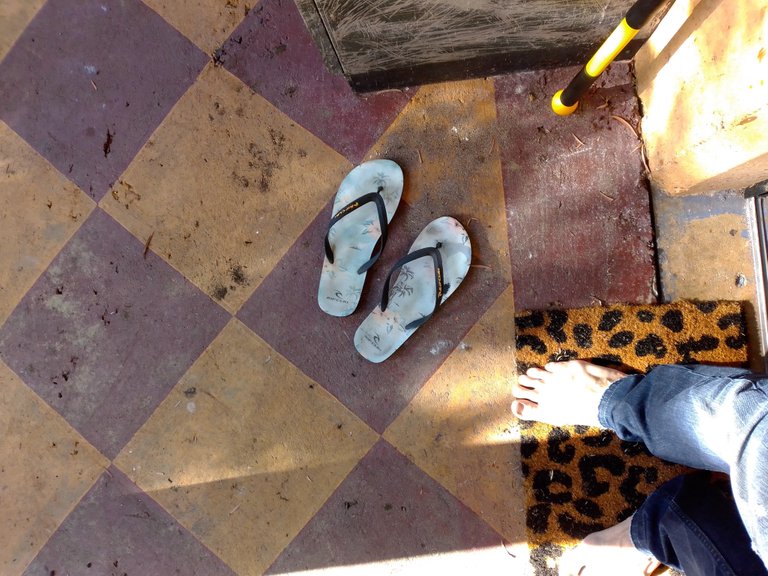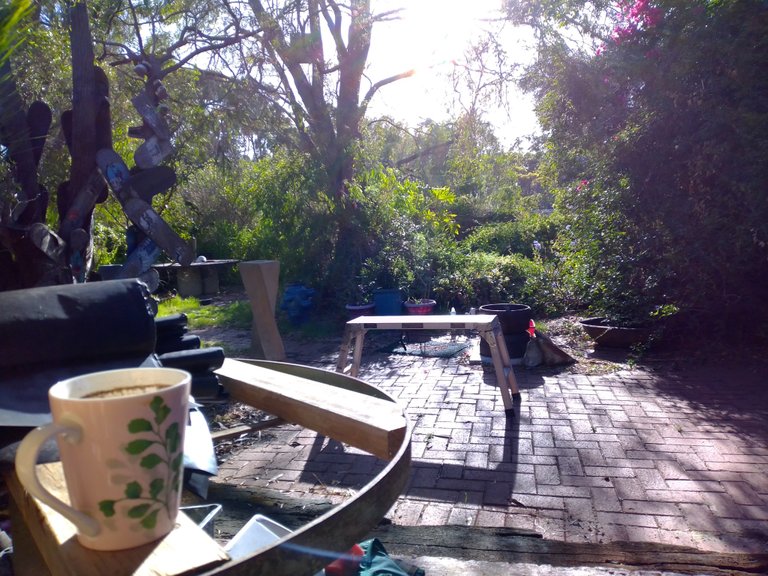
Nature is being
being is regimented
predictable
It is a conspiracy to conceive that nature has will
The final revolution is the integration of will in nature

Human is will
without being
Human's are an unknown
alien, monster, saviour

Will and being
are the chicken and the egg
Nature vs nurture

Many opposing schools of thought
argue that either came first
or that one is independent of the other

Herein lies the paradox
Will seeks to ravish being of its control
Control is only a device of will
Being is not willing control
Being is the beginning and the end - a backdrop for eternity
What then of the origins of will?
is will a flower
the disease
a catalyst for the creation of being
or simply an anomaly?


This is an original work by myself formed from the expansion of a single concept.
A free write (as I define it) is a flow - an allowance of 'flow' through the body to the fingertips, to the keyboard and to the page with minimal editing under the premise that the mind is a conduit of energy - words being an interpretation of that energy as it is felt. This interpretation of free-writing verges on being very similar to automatic writing which is more specifically 'channeling'. I feel it necessary to redefine these concepts because I use this method of writing in a way that is neither the accepted definition of 'free-writing' or 'automatic-writing.'
Nothing has proven information or data is inside the brain - can you attest to the origin of thought? Certainly information as experience is stored in the body through muscle memory but this only explains part of the conundrum of where exactly the information 'resides'. My understanding is that we 'tune' to frequencies through intention and combining this with self-belief our nervous system acts like a sort of antenna - and with this we access information within 'etheric fields' of sorts similar to what Rupert Sheldrake theorizes with Morphic Resonance theory.
The hypothesis of morphic resonance also leads to a radically new interpretation of memory storage in the brain and of biological inheritance. Memory need not be stored in material traces inside brains, which are more like TV receivers than video recorders, tuning into influences from the past. And biological inheritance need not all be coded in the genes, or in epigenetic modifications of the genes; much of it depends on morphic resonance from previous members of the species. Thus each individual inherits a collective memory from past members of the species, and also contributes to the collective memory, affecting other members of the species in the future. 1
While not definitive, this theory provides a canvas for future theoretic development of the origin of thought. Until we can address the origin of information we cannot hope to move forward as a collective because a core foundation of our present reality - information we deem 'objective' in modern society - is flawed.
An interesting thought! I enjoy how you share your thoughts with these pieces of free write.
Sometimes I do my mindfulness things into poem :)
Congrats for being OCD Nomination of The Day in this post: https://peakd.com/hive-174578/@ocd/ocd-daily-issue-697
For the information, the communities we're curating right now please check OCD Communities Incubation Program - Update #17. You are welcome to cross-post your posts from that community onto OCD with the peakd.com feature to get more visibility and engagement from the OCD subscribers.
Thanks so much - glad you enjoy the free write. I like to do my writing in the morning with a coffee when the sun comes up.
Me too! Now I'm thinking to redesign my workspace behind the window so I can get better sunlight :)
It's a good idea, the morning sun is the best!
Another good one here man, I like it! We exist and have our "will" that tries to control nature and things around us but in the end nature just continues its course and often what we do gets removed in the end. Humans can destroy and form things pretty good but nature, if given a couple years of no human will or control attempts, takes it all back like nothing existed. Remarkable!
But also, here's a completely human ego-centric point for you - is the absence of will also the absence of being? Are they co-dependent?
We theorize that nature would just regenerate within a few thousand years but if no one is there to observe it (no one that practices 'will') does it really happen?
The absence of 'will' it seems is also the absence of the record of time.
Is nature recording time? No. If no one, or no entity or body with will existed would it be the 'blink of an eye time' as a couple of hundred thousand years until someone that did exist with will just popped up out of nowhere? And who is to say that the world this person popped up in is the same world that was left by the last 'willer'?
Anything can change in the blink of an eye. The simple act of collective observance holds everything in place - is one possibility - just as the idea of a consistent objective world is another.
One of the hermetic principles is 'all is mind'. Is this just some archaic philosophy or did they understand intrinsically then, how this mind world functioned?
Thanks for reading by the way!